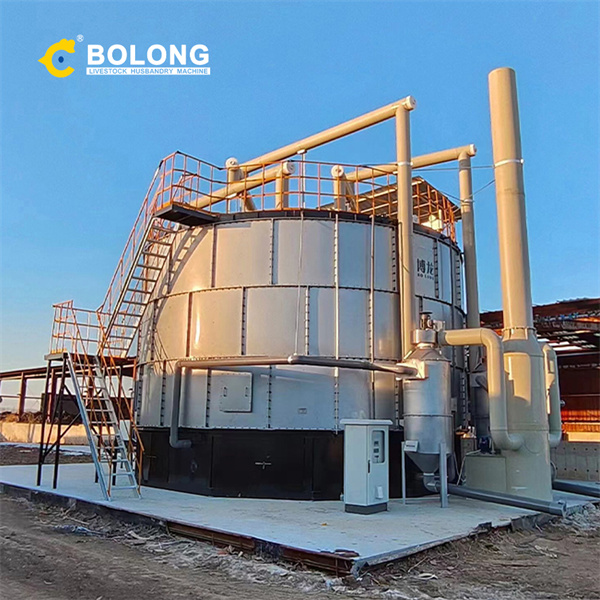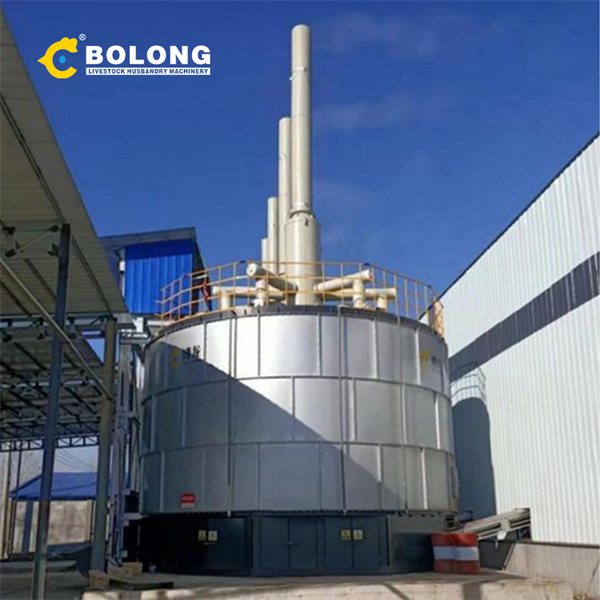Introduction: Crop-livestock systems integrate livestock and crop production to enhance sustainability. Livestock fermentation tanks play a crucial role in nutrient management within these systems. This article explores their impact on nutrient management in crop-livestock systems.

Nutrient Recycling: Fermentation tanks convert livestock manure into compost, recycling nutrients back into the soil. This supports sustainable nutrient management and reduces reliance on synthetic fertilizers.
Soil Fertility: The compost produced by fermentation tanks enhances soil fertility, promoting healthy crop growth. This is essential for maintaining productive and sustainable crop-livestock systems.
Reduced Pollution: Effective manure management with fermentation tanks reduces nutrient runoff and leaching, protecting local water sources from pollution. This supports environmental sustainability in crop-livestock systems.
Case Study: A mixed crop and livestock farm used fermentation tanks to manage manure and produce compost. The farm observed improved soil fertility, higher crop yields, and reduced nutrient runoff.

Conclusion: Livestock fermentation tanks support nutrient management in crop-livestock systems by recycling nutrients, enhancing soil fertility, and reducing pollution. These benefits contribute to the sustainability and productivity of integrated farming systems.